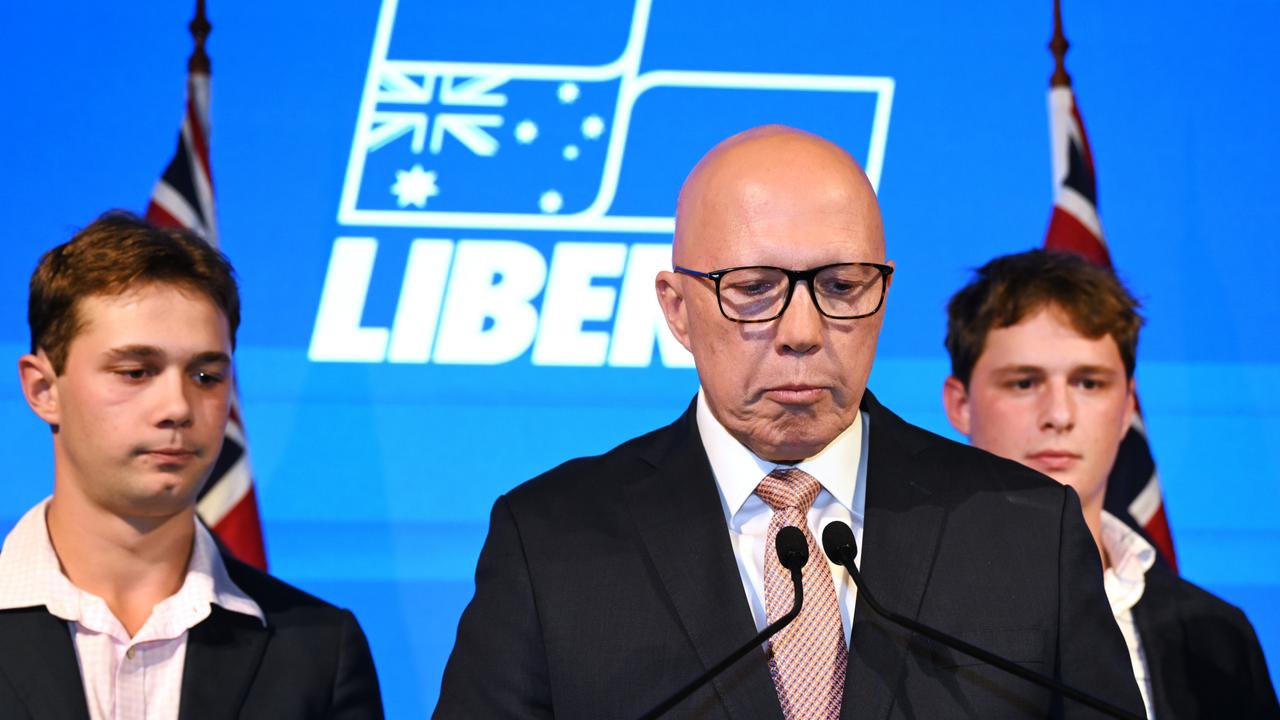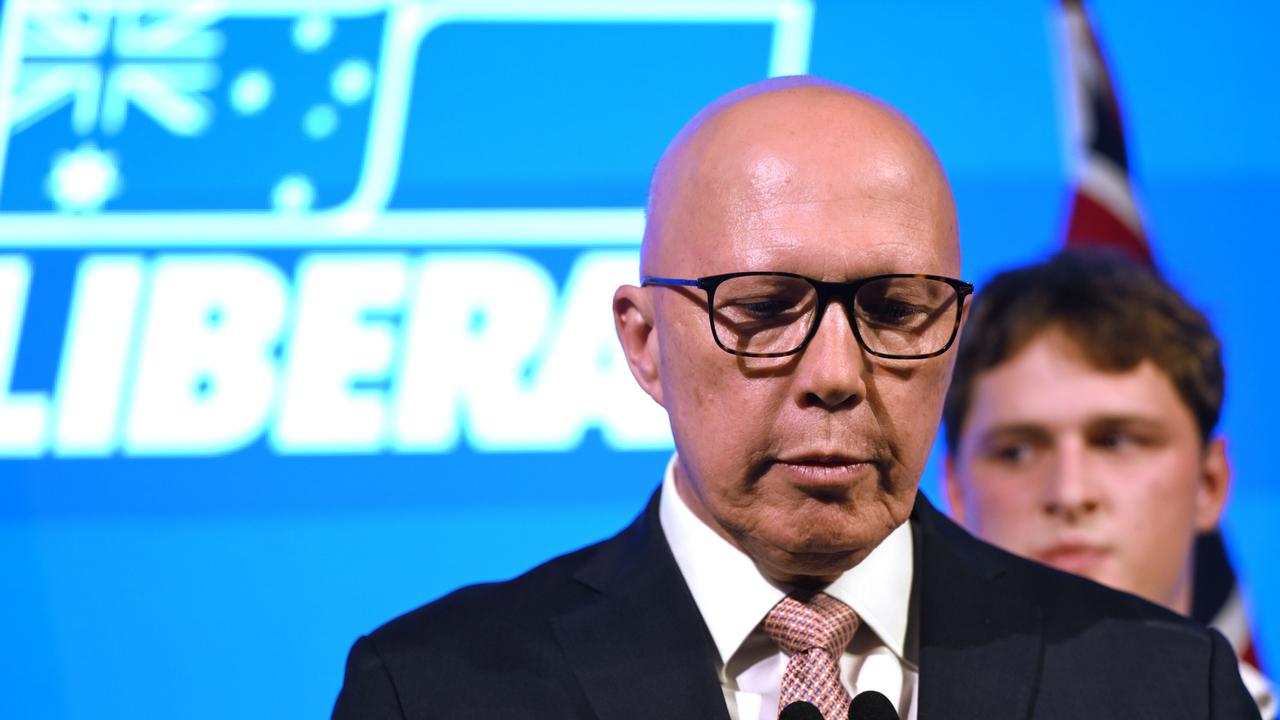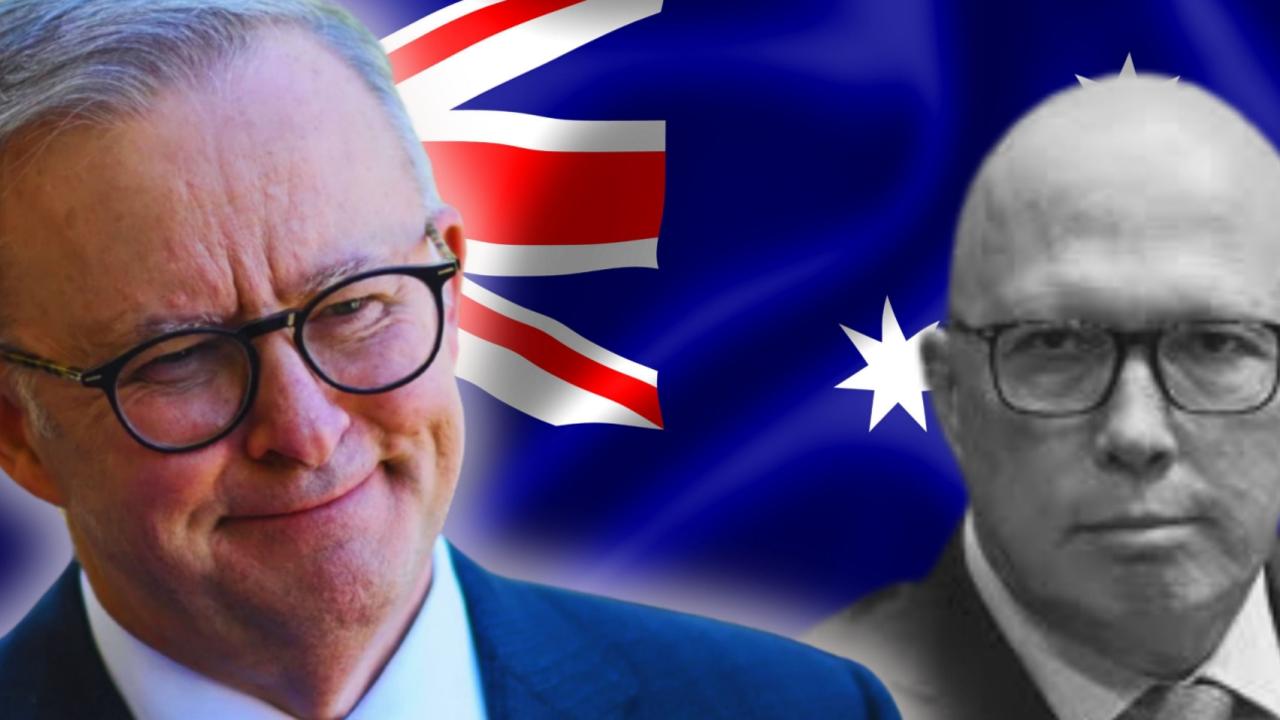Peta Credlin: Missed opportunities cost Coalition an election victory
Six months ago, the Coalition was ahead of Labor in most polls, writes Peta Credlin. The party now needs to examine what went wrong so it succeeds next time.
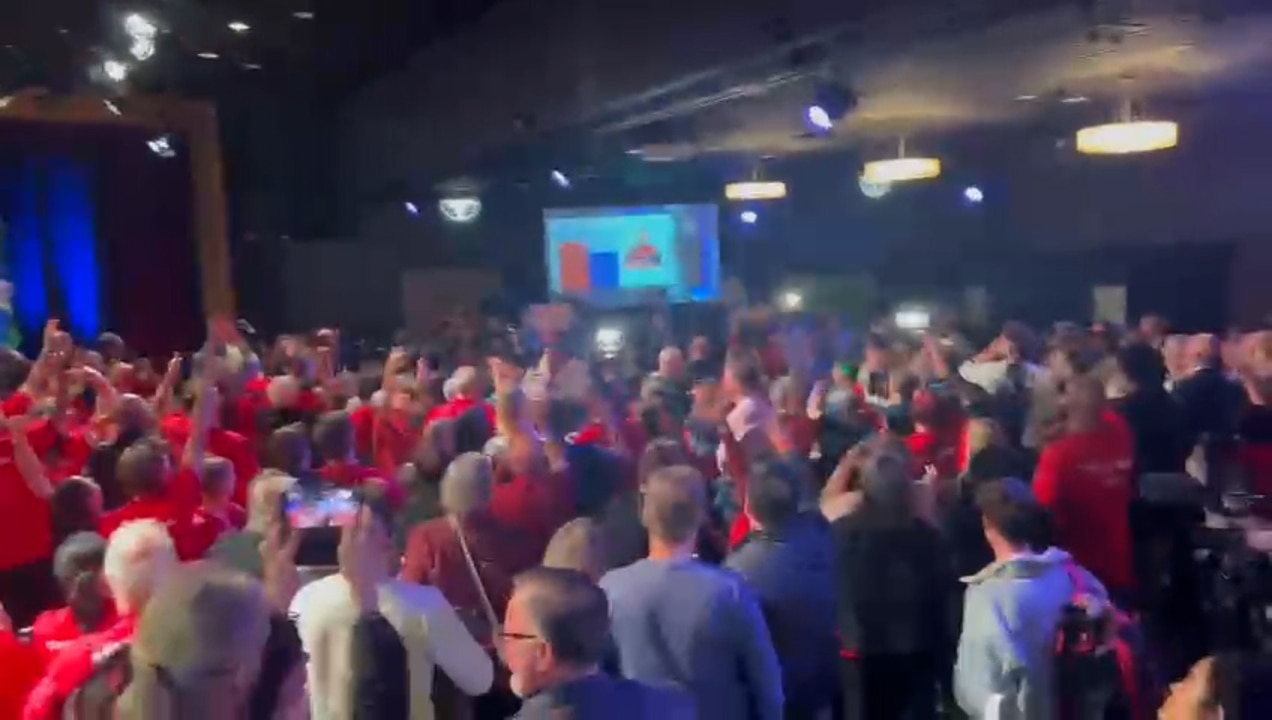
Opinion
Don't miss out on the headlines from Opinion. Followed categories will be added to My News.
Not even the pollsters picked this outcome – an unpopular prime minister increasing his majority and a more unpopular Liberal leader losing his seat.
Across the board, there are swings in favour of Labor, despite Peter Dutton having them on the ropes at the end of last year.
Yes, in part, this is the result of Australians giving an incumbent first-term government a second term, but it was more than that.
Yes, Labor’s campaign was full of lies and mistruths, but it was more than that.
Because, after creating a contest on the Voice, the Coalition didn’t capitalise on that momentum (and learning) to create a clear enough contest on all the other issues that mattered to voters – energy, economic management, social cohesion, and international security – to persuade voters that it could deliver change for the better.
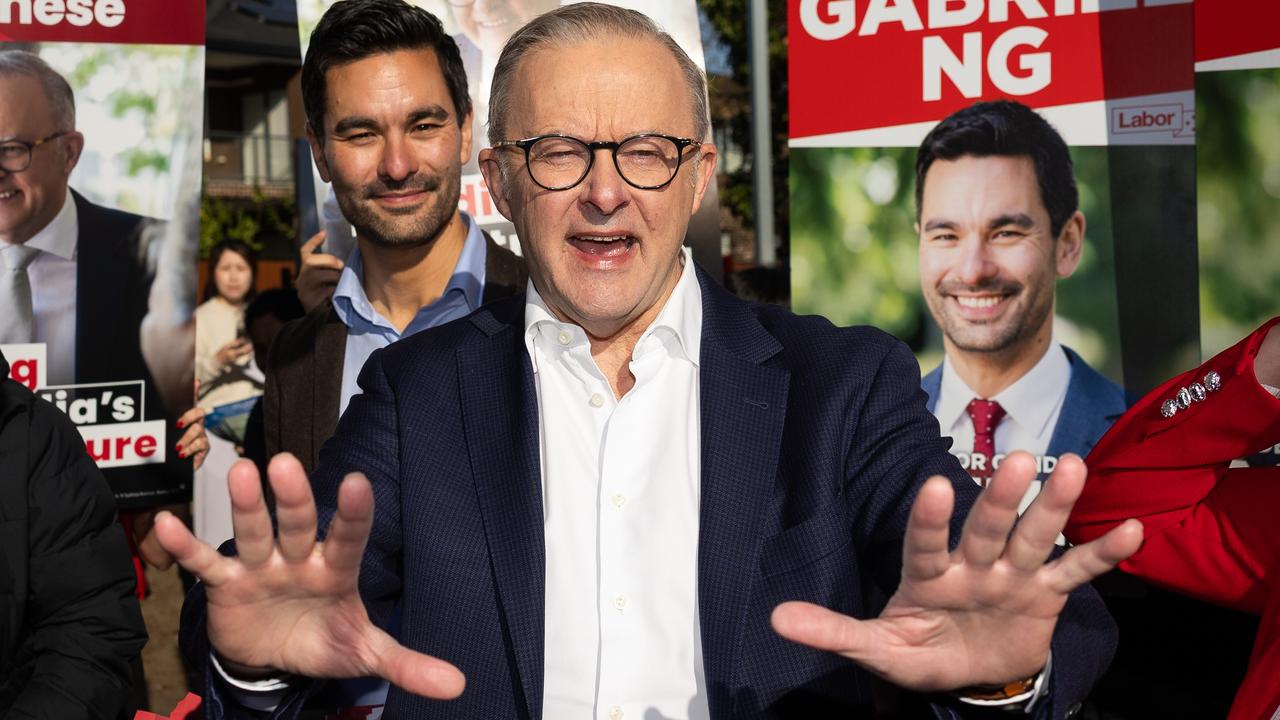
To come back with what seems like a bigger margin is undoubtedly a win for the Prime Minister and he should be congratulated – but it’s hardly a victory for our country.
Almost certainly, a government that looked in serious trouble six months back will feel vindicated into doubling down on everything it pursued in its first term, meaning much more government spending; new taxes, including on income that hasn’t been earned; “stronger action” on climate change, including accelerating the ruinously expensive “energy transition”; continued high immigration without much stress on social integration; more union pressure on business; and ultimately quite different lifestyles as Australians are required to change their cars, fly less, not eat meat and accept lower economic growth in order, supposedly, to save the planet.
And a Voice 2.0 plus a Treaty, even though a majority of Australians rejected this whole divisive agenda.
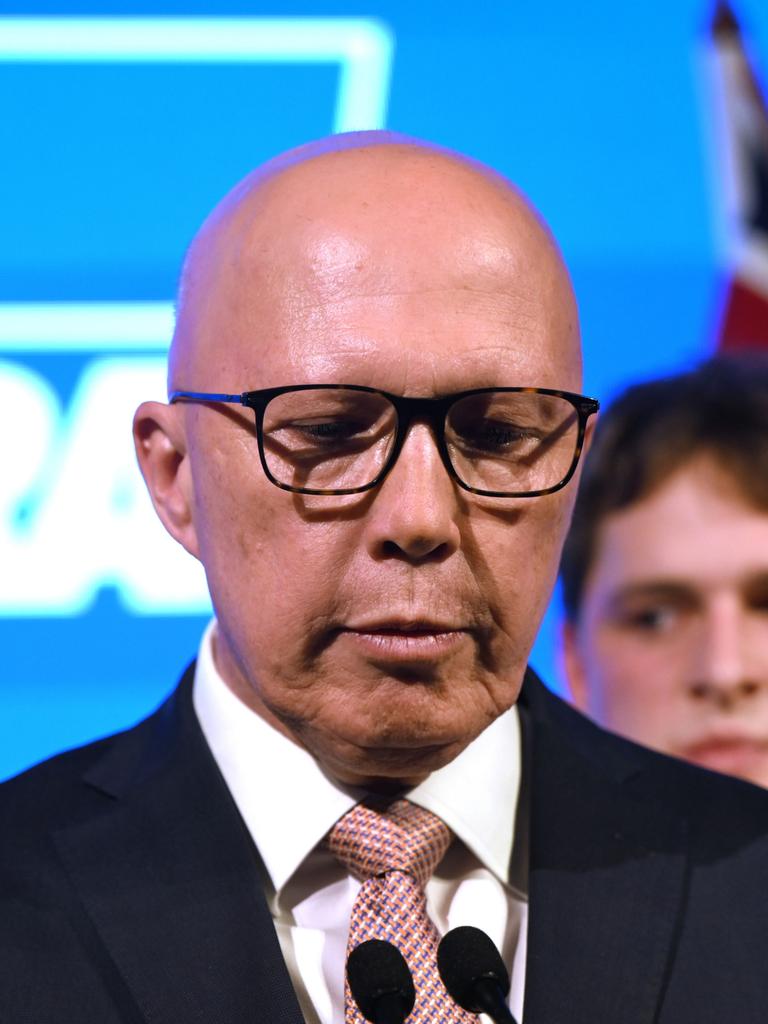
There’s no doubt that Anthony Albanese was a far slicker campaigner this time round, and managed to make the election a referendum on the opposition rather than the government.
He was helped by a much less critical travelling media pack and a whole lot of dodgy factoids created by sketchy accounting or left-leaning lobby groups – such as his fantasy that the Coalition’s nuclear plan would cost $600 billion.
The one mistake that Peter Dutton admitted mid-campaign was being too slow to confront Labor’s lies, perhaps from a touch of complacency after being in the box seat six months ago when most polls had the Coalition ahead.
At that stage it seemed that even a first-term government would not survive an unprecedented 8 per cent decline in real disposable income, seven successive quarters of declining GDP per person, and a collapse in productivity to 2016 levels.
Plus the failure of its divisive Voice referendum, the unprecedented outbreak of un-Australian Jew hatred and its failure to respond to Australia’s rapidly declining strategic situation.
This year, though, the Opposition comprehensively failed to make the most of its chances. A well-prepared opposition would have aimed to have comprehensive policy ready in all the key portfolio areas six months before the likely election date.
Perhaps this was done, and a tactical decision was made to focus on key “announceables” instead? Or perhaps there were co-ordination issues between shadow ministers pushing their own barrows and the leader’s office, with a responsibility to shape the policy offering into a package that reflects a coherent vision for Australia.
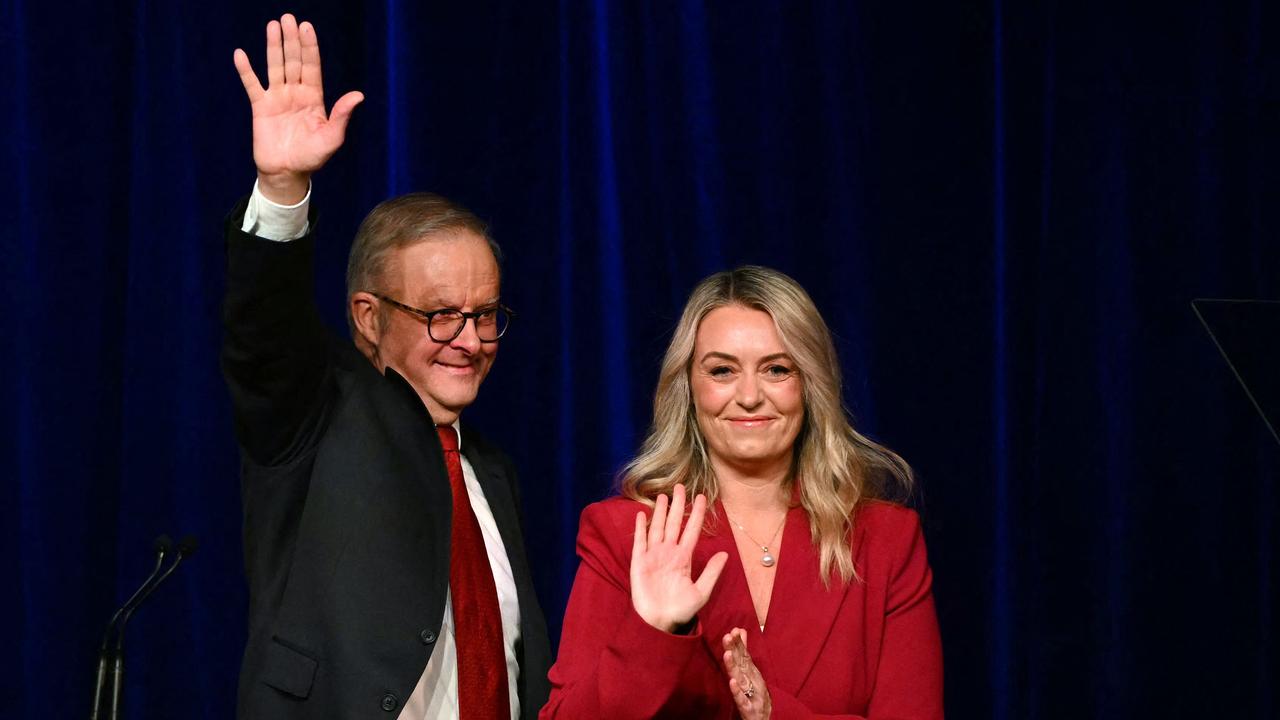
In the end, elections are about the country voters want Australia to be. This election says that Australians, on balance, want more government and bigger handouts. And that will continue to be the case until the national decline inevitable under a nanny state becomes obvious; or until there’s more persuasive Coalition leadership.
Peter Dutton deserves credit for keeping the Coalition together in the wake of losing office; for facing down the “racist” tag and defeating the Voice; and for having the courage to commit the Coalition to nuclear even if there wasn’t adequate follow-up.
He had the preference for freedom, the respect for tradition, and the instinctive patriotism that’s in the DNA of successful Liberal leaders. And his gracious concession speech on Saturday night showed just what a decent man he’s always been.
If the Liberal Party is to succeed next time, its leadership needs to revitalise the Liberal Party in the community so that its membership is more numerous and more committed; work the frontbench harder next time around; and be braver and bolder on policy issues, not just during the election campaign, but throughout the three years leading up to it.
The temptation to be avoided at all costs is to become Labor-lite.
Watch Peta on Credlin on Sky News, weeknights at 6pm
Originally published as Peta Credlin: Missed opportunities cost Coalition an election victory


